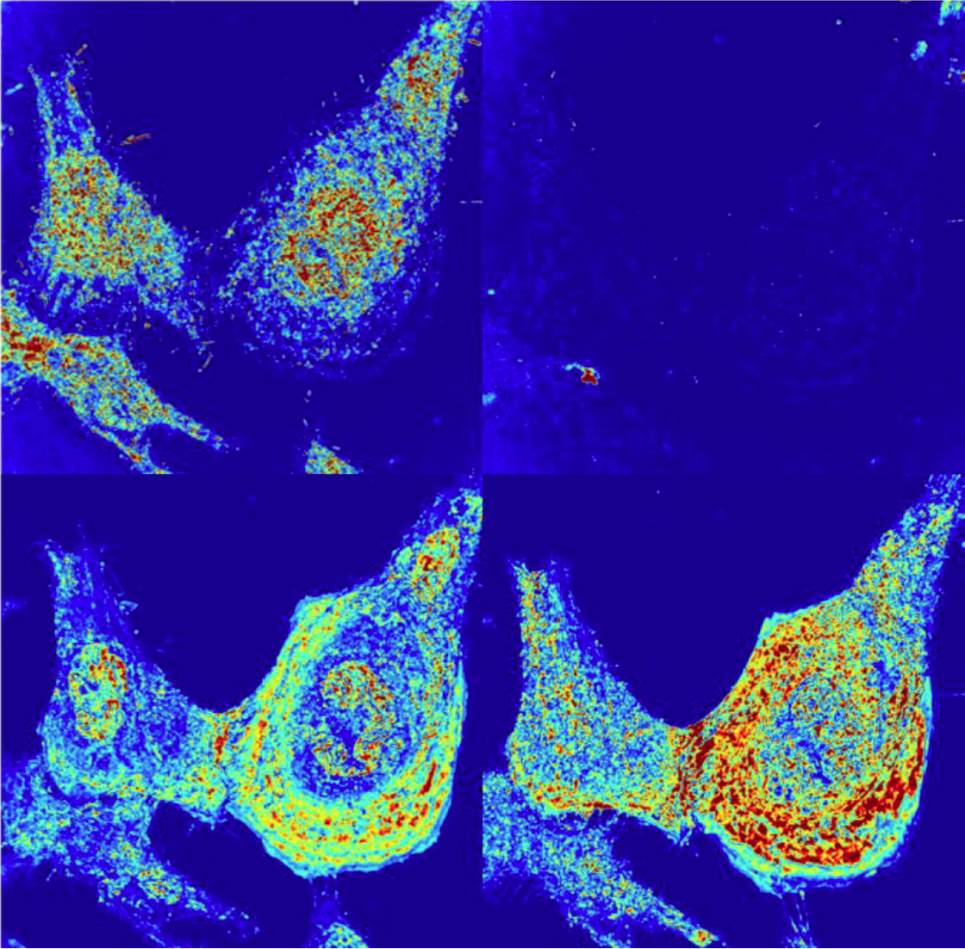
Machine Learning and Inverse Problems in Scientific Imaging
Abstract: Machine learning for scientific imaging is a rapidly growing area of research used to characterize physical, material, chemical, and biological processes in scientific experiments. For solving the inverse problems encountered in scientific imaging, we need to incorporate physics-based imaging processes and the geometric properties of the imaging data.
In this talk, I will present some of our recent studies in cryo-electron microscopy (EM) image analysis and unknown view tomography. Typical computed tomographic reconstruction assumes that the imaging directions are given, however, there are some situations in which the imaging directions are unknown, for example, when imaging a moving object. In addition, for certain applications, we need to use low dose imaging, which makes the data extremely noisy. I will give a brief review of the manifold learning and optimal transport in machine learning and show how these perspectives combined with physics-based imaging model may help us to advance unknown view tomography and cryo-EM image analysis.
Bio: Zhizhen Zhao is an Assistant Professor in the Department of Electrical and Computer Engineering at the University of Illinois at Urbana-Champaign. She received the B.A. and M.Sc. degrees in physics from Trinity College, Cambridge University, and the Ph.D. degree in physics from Princeton University. She is a recipient of Alfred P. Sloan Research Fellowship (2020--2022).
Attend via Zoom